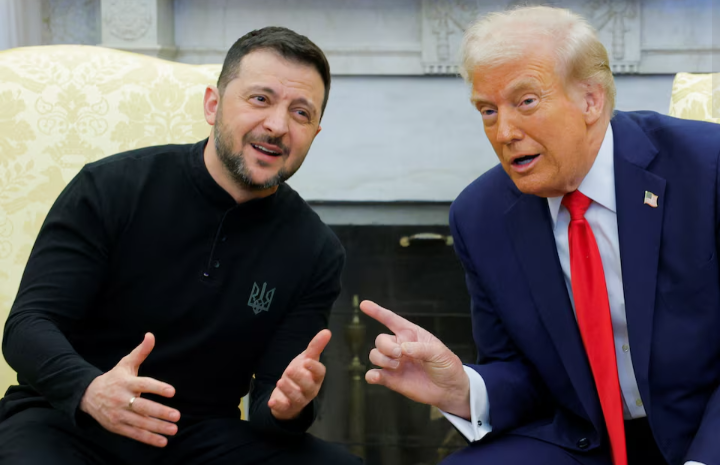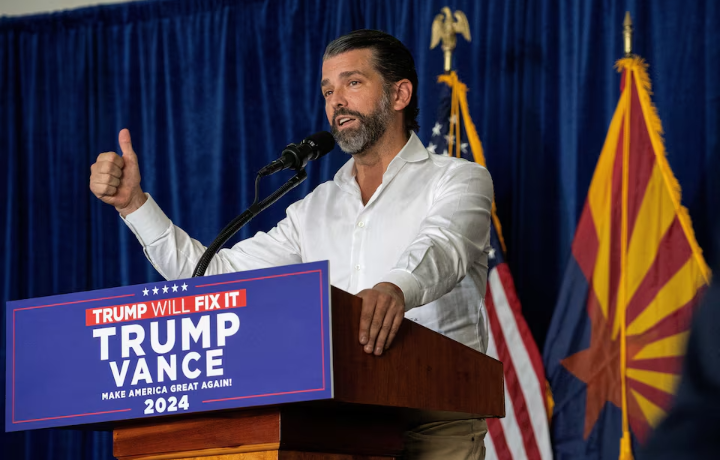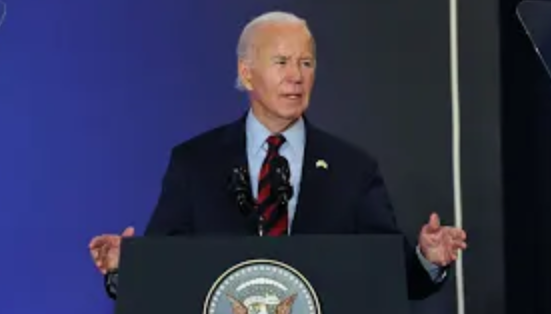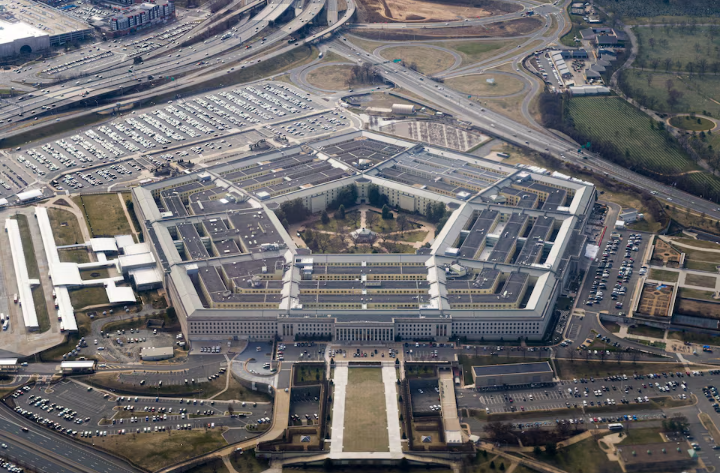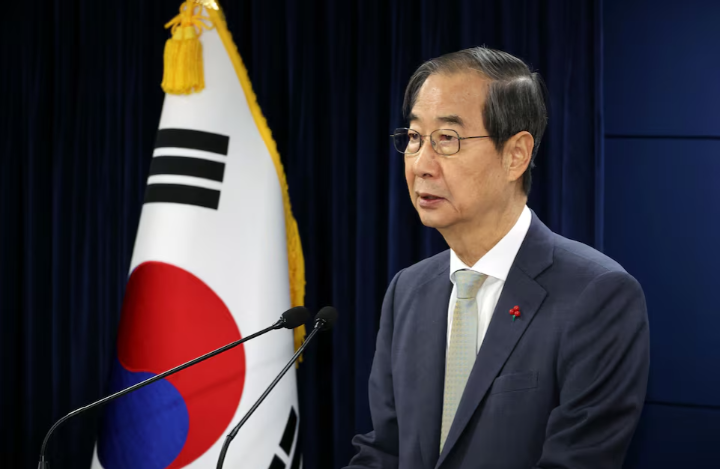In a dramatic turn of events, U.S. President Donald Trump and Ukrainian President Volodymyr Zelenskyy engaged in a heated confrontation during their recent White House meeting, casting a shadow over Ukraine's defense against Russian aggression. The encounter, initially aimed at solidifying U.S. support and discussing a pivotal minerals agreement, deteriorated rapidly as Trump accused Zelenskyy of "gambling with World War Three," suggesting Ukraine's actions were jeopardizing global peace efforts. The discord led to the abrupt cancellation of a joint press conference and left the critical minerals deal unsigned, raising concerns about the future of U.S. military aid to Ukraine.
The Oval Office meeting, which began with hopes of strengthening ties, quickly unraveled when Trump and Vice President JD Vance criticized Zelenskyy's distrust towards Russia. Trump berated Zelenskyy for not being "thankful" and hinted at withdrawing U.S. support if a peace deal with Russia wasn't reached. Zelenskyy, emphasizing Ukraine's need for unwavering U.S. backing, rejected compromising with Russia, leading to a bitter exchange that underscored a significant shift in U.S. foreign policy under the current administration.
The fallout from the contentious meeting prompted swift reactions from European leaders. French President Emmanuel Macron and NATO's Secretary-General expressed steadfast support for Zelenskyy, criticizing Trump's approach and reaffirming their commitment to Ukraine's sovereignty. Meanwhile, Russian officials welcomed the discord, with former Russian President Dmitry Medvedev labeling Zelenskyy an "insolent pig" who received a "proper slap down in the Oval Office," reflecting Moscow's satisfaction with the strained U.S.-Ukraine relations.
Amid the diplomatic turmoil, Russia intensified its military operations, launching drone attacks on Ukraine's second-largest city, Kharkiv. The assault targeted a medical facility, injuring at least five people and causing significant property damage. This escalation highlighted Ukraine's vulnerability in the face of wavering international support and underscored the critical need for cohesive defense strategies.
Despite the setbacks, Zelenskyy expressed hope for mending relations with the U.S., emphasizing gratitude towards the American people and the necessity for a just and lasting peace. However, the recent events have cast uncertainty over the future of U.S.-Ukraine relations, with potential implications for the broader geopolitical landscape and the ongoing conflict with Russia.

